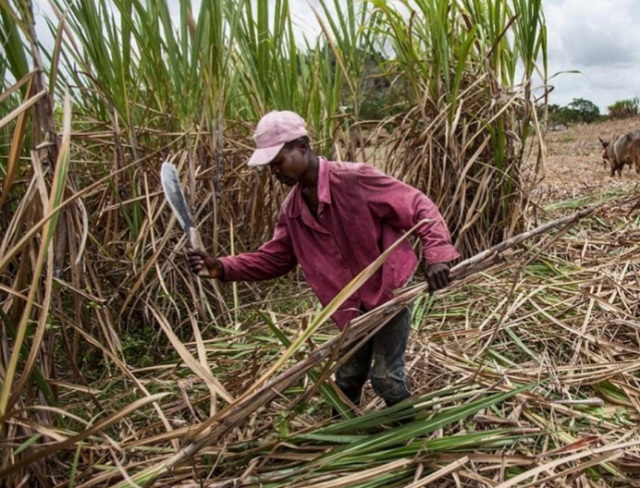
Kampala, Uganda | THE INDEPENDENT | Voters in Luuka district want the government to negotiate stable cash crop prices which will boost the livelihoods of residents who entirely depend on subsistence and commercial agriculture for survival.
Luuka is one of the largest sugarcane growing districts in Busoga sub-region with 80% of the population either directly or indirectly involved in sugarcane industry, 15% deal in coffee whereas the rest are small scale holder farmers dealing in food crops.
Farmers say that they can no longer afford daily necessities like food under current circumstances where coffee prices have dropped to 500 Shillings per kilogram whereas a tonne of sugarcane is being purchased at 70,000 Shillings which is little compared to the cost of production.
They stress that with government’s failure to reign on millers constant reduction of sugarcane prices and restricted permits to purchase out-growers cane, farmers, sugarcane cutters and transporters who are the biggest source of revenue collection within the district have lost employment.
Some farmers argue that their children’s education depends on sales from agricultural harvests but with the constant drop in both sugarcane and coffee prices, most parents have failed to pay school dues.
Jessica Walusaga, a resident of Kiyunga town council says that she can no longer afford to pay school fees of her two daughters since millers have declined to purchase cane from her.
Simon Mbago, a resident of Kyanvuma town council says that candidates vying for elective positions should lobby for bigger agricultural produce markets within the region which to him can foster eventual price increase for the local farm harvests.
Zachariah Isabirye, a resident of Irongo sub-county says that candidates should foster the creation of other alternative sources of income-generating actives that incorporate both the educated and uneducated people to kill the over-reliance on the agricultural sector which is currently overstretched and unpredictable.
******
URN
 The Independent Uganda: You get the Truth we Pay the Price
The Independent Uganda: You get the Truth we Pay the Price



